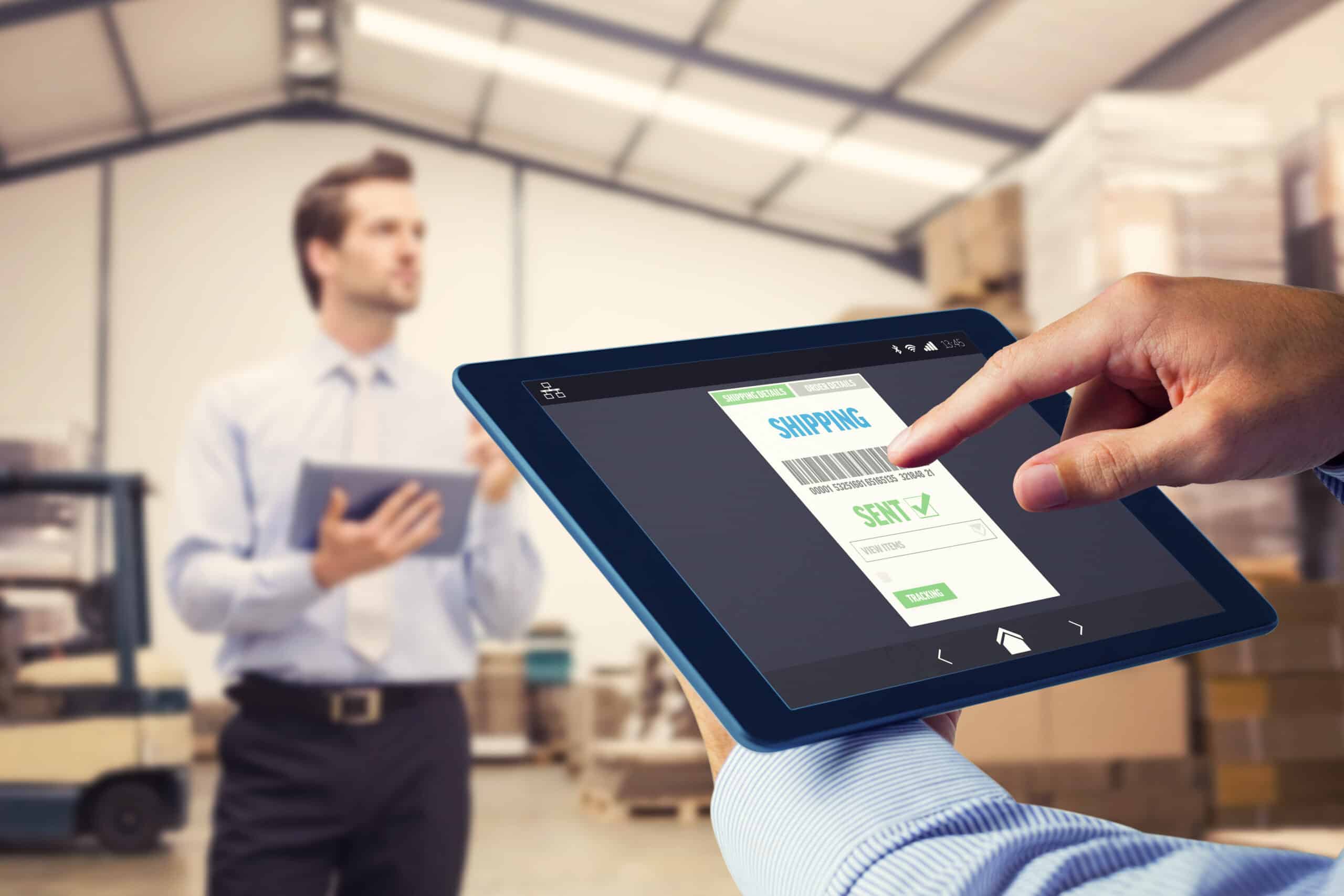There is often a perception that traceability only applies to products that can be recalled, such as food or airbags. In these cases, it is obvious why traceability is important. You can’t effectively recall a defective or contaminated product unless you know exactly where it came from, how it was manufactured, and how it was distributed.

That said, every modern manufacturer – even in industries without strict compliance regulations – should make traceability a priority. After all, traceability helps improve quality and efficiency by giving manufacturers real-time visibility into their operations and facilitating root-cause analysis.
For example, if some products arrive at the end of the production line with defects, it’s useful to have a view of the entire production process. Perhaps they did not pass through a particular quality control station. Or maybe all the defective products were handled by the same new operator, indicating gaps in operator training. Or maybe all of the defective products went through the same machine that maintenance was supposed to inspect. Or perhaps all the defective products contain components from a particular supplier.
In global competition, manufacturing companies are forced to continually increase their efficiency and productivity, while at the same time reducing costs in order to maintain or optimize profitability. Customer confidence is increasingly becoming the most important currency for all industries. To achieve this, companies must be able to guarantee product quality at all times.
Traceability software solutions offer an ideal tool in the quality management of a company. Often, they are even required by customers in the context of audits or, depending on the industry, required by law. In times of increasing globalization, complex production and supply chains with diverse products and various suppliers for customers, are the norm. This creates new challenges in terms of efficient traceability and elimination of mis production. Traceability is therefore increasingly becoming a strategic success factor, especially for Romanian companies, which as far as allied interconnected productions are concerned, they are in competition with other locations.

Benefits of Traceability
When the word “traceability” is mentioned, most people first think of product recalls, and indeed, better recall management is one of the key benefits of traceability solutions. Traceability is critical to fast, efficient and less costly product recalls. The right solution can ensure that defective or unsafe products are quickly located and removed to ensure end-user safety and prevent avoidable product recalls.
By implementing a well-designed traceability system, companies can prevent disasters and reap other benefits.
Quality Control
The high-level control that traceability provides over the manufacturing process promotes granular quality control, which has proven invaluable in industries such as automotive, food manufacturing and defense.
Operational efficiency
Full traceability systems enable companies to optimize their production processes to increase efficiency and reduce wasted resources.
Meeting compliance requirements
Regions such as the EU mandate traceability in certain industries, such as food production. Other industries such as automotive, aerospace and defense also require strict traceability programs.
Fighting counterfeiting
Traceability solutions such as direct part marking and barcodes enable manufacturers to guarantee the authenticity of their products. The transparency provided by traceability protects both the end consumer and the brand, making it more difficult to produce counterfeits.
Customer satisfaction
With robust traceability systems, companies have better control over the manufacturing process and are better able to introduce improvements that help them present higher quality products that fully meet customer needs.












